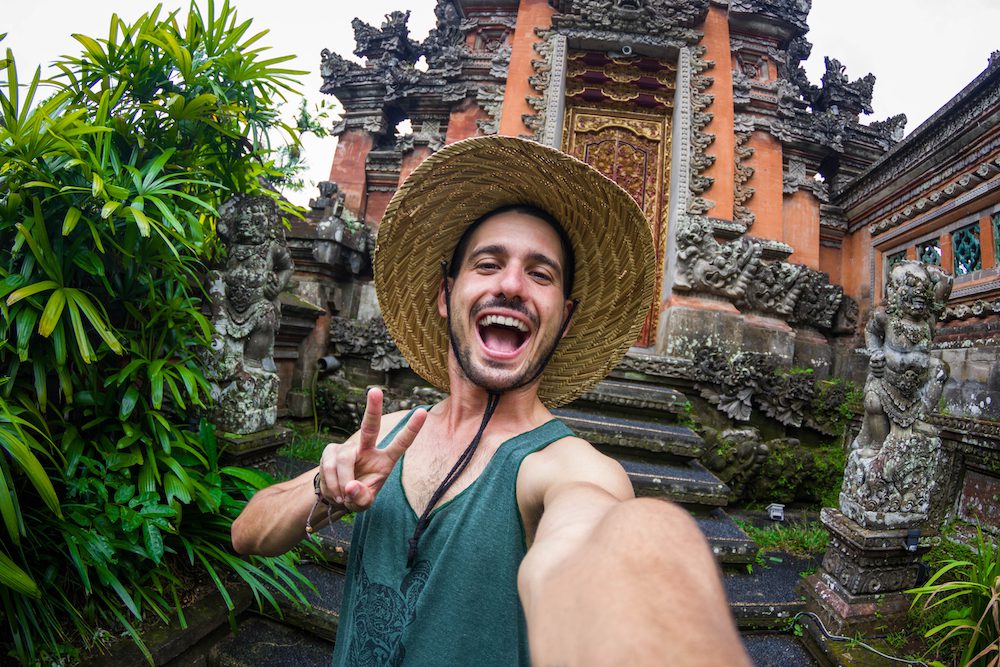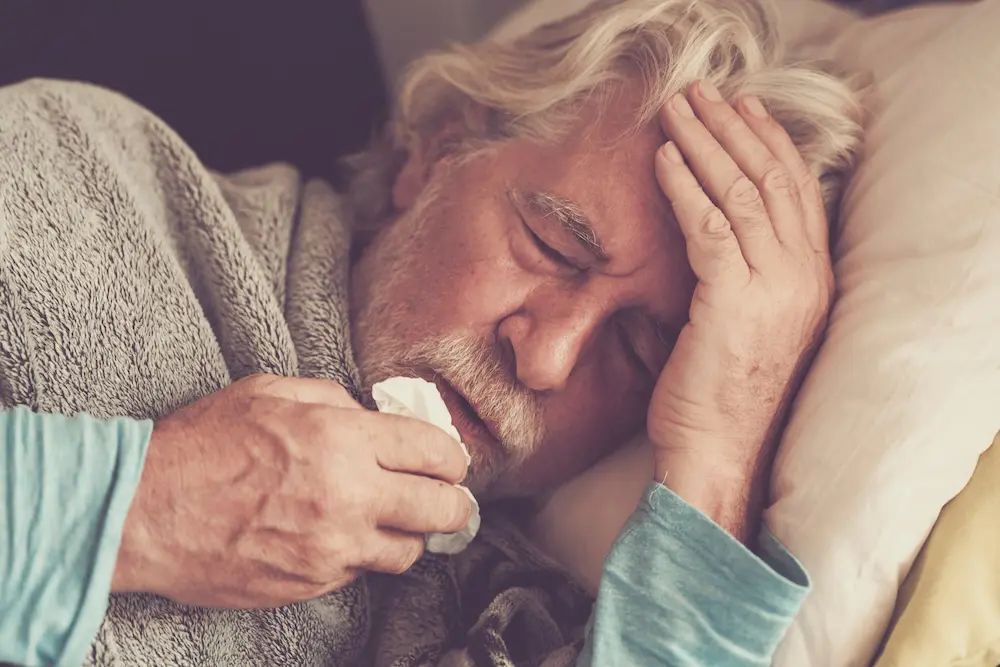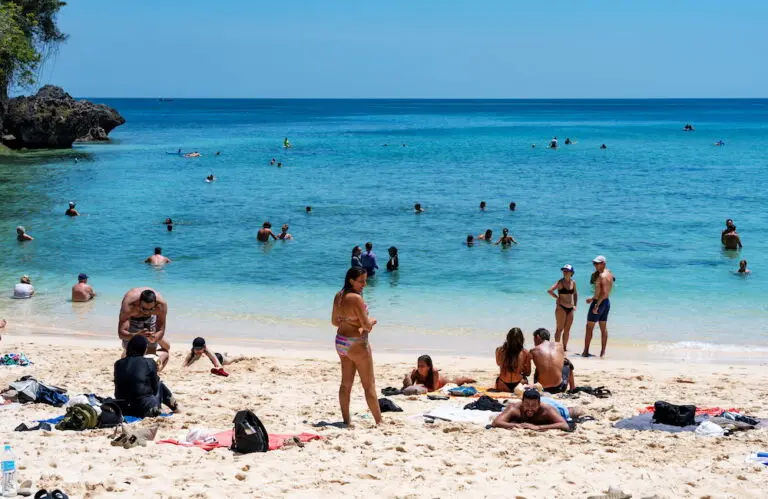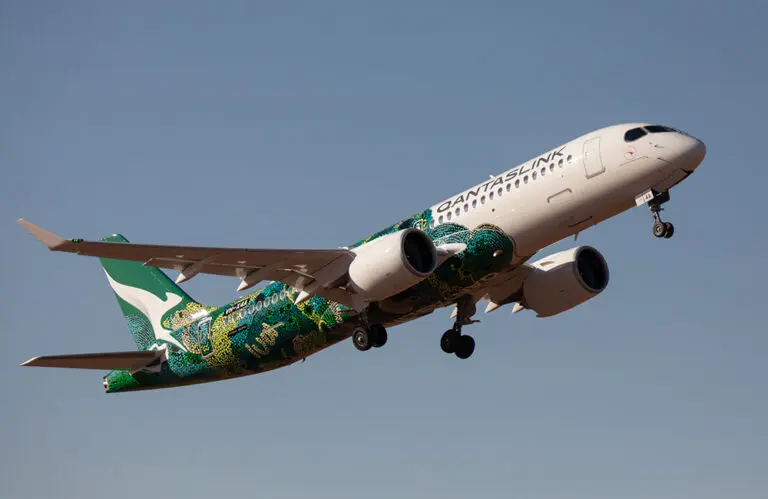With claims doubling this year, a major Australian travel insurer has reported a sharp increase in dengue fever cases.
1Cover Travel Insurance says it is currently handling about five claims per week and advises travellers to take special care in dengue-prone areas.
According to the World Health Organisation (WHO), over 5 million people have contracted dengue fever since early 2023, with the rise put down to increased post-COVID travel and the El Niño climate cycle.
In an update on Monday, the Department of Foreign Affairs and Trade (DFAT) reported that dengue fever outbreaks are happening globally, with a “higher-than-usual number of cases” being reported in:
- Africa
- Asia
- Central and South America
- The Pacific
Among these hotspots are destinations that are popular with Australians like:
- Indonesia, including Bali
- Malaysia
- Singapore
- Peru
“Because there are increasing cases, travellers are more likely to carry dengue fever to other countries,” DFAT says on its Smartraveller website.
For a full list of countries where dengue is a risk, visit the US CDC website here.
Travel hotspots

According to 1Cover, the rise in dengue cases aligns with a “significant surge” in outbreaks in popular travel destinations.
For instance, Western Australia recorded 138 cases this year, mainly from Indonesia. Indonesia alone registered over 60,000 dengue fever cases in 2024. Elsewhere, Pacific nation Samoa has reported over 200 cases since November.
“Most of the cases we’ve seen have come from Southeast Asia and specifically Bali, Thailand and the Philippines,” 1Cover spokesperson Natalie Smith said.
“Given Bali’s particular popularity, we are urging travellers to take preventative measures to reduce their risk of exposure and ensure they have travel insurance.”
However, DFAT data shows that one in six Aussies (16 per cent) are jetting off abroad without any travel insurance coverage.

Along with its toll on travellers’ health, Smith said the disease “can have serious implications” on your finances.
“Even in moderate cases, the average cost to treat and assist travellers with dengue fever is about $7,000,” she explained.
“We recently assisted a couple in their twenties, both sick with dengue fever, which led to a $20,000 claim.
“We also had a $52,000 claim involving model Emily Gurr, who had contracted a severe case of dengue fever during her travels throughout Asia.
“Emily was in hospital for 10 days and had to be air-evacuated back home to Australia for further treatment.”

Five per cent risk
While most cases of dengue fever are mild, Smith said travellers should take the disease seriously as severe cases can be fatal.
“At least one in 20 cases can become severe, leading to shock, internal bleeding and even death,” she remarked.
“While there is no specific treatment for dengue fever, patients may require hospitalisation, IV treatment, and in some cases, a blood transfusion.
“If you’re holidaying in a tropical region and experience a high fever, severe headache and/or nausea you should seek medical help immediately.”






